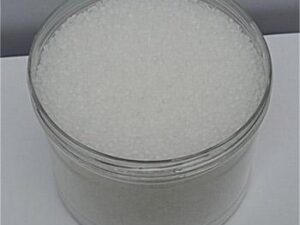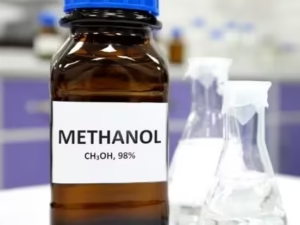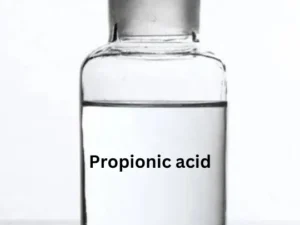Description
Dimethyl Phthalate (DMP): Uses, Concerns, and Alternatives
Dimethyl phthalate (DMP) is a synthetic organic compound belonging to the phthalate ester family. It appears as a colorless or slightly yellow, oily liquid with a faint aromatic odor. As a versatile chemical building block, DMP has found applications in a variety of industries for decades. However, concerns surrounding its potential health and environmental impacts have led to increased scrutiny and a search for safer alternatives.
What is Dimethyl Phthalate?
DMP is produced by the esterification of phthalic anhydride with methanol, typically in the presence of an acid catalyst. Its key property lies in its ability to act as a plasticizer, meaning it can increase the flexibility, durability, and processability of polymers.
Common Uses of Dimethyl Phthalate:
- Plasticizer: DMP is primarily used as a plasticizer for cellulose acetate, polyvinyl chloride (PVC), and other resins. It helps improve flexibility and reduce brittleness, making these materials suitable for diverse applications.
- Insect Repellent: In the past, DMP has been used as an insect repellent, particularly against mosquitoes and other biting insects.
- Solvent: DMP serves as a solvent in various products, including lacquers, varnishes, and nail polish.
- Cosmetics and Personal Care Products: While its use is decreasing in this sector, DMP has been found in some cosmetic products, such as hair sprays and nail polish.
- Adhesive: DMP can be found in some adhesives to offer flexibility to the product at a molecular level.
- Other Industrial Applications: DMP is also used in the production of safety glass, and as a carrier for fragrance chemicals.
Concerns and Potential Risks:
While DMP offers valuable benefits in various applications, concerns have been raised regarding its potential impact on human health and the environment. Some of the key concerns include:
- Endocrine Disruption: Like other phthalates, DMP is classified as a potential endocrine disruptor. Studies suggest that exposure to DMP may interfere with the endocrine system, potentially affecting hormonal balance and reproductive health.
- Developmental Toxicity: Some animal studies have indicated that DMP exposure during development may lead to adverse effects on reproductive and developmental outcomes.
- Environmental Impact: DMP can be released into the environment during production, use, and disposal. Its potential for bioaccumulation and persistence in the environment is a cause for concern.
Regulation and Safety Standards:
Due to these concerns, regulatory agencies around the world have implemented measures to monitor and regulate the use of DMP. Many countries have restricted or banned the use of DMP in certain products, particularly those intended for children or those that come into direct contact with the skin.
Alternatives to Dimethyl Phthalate:
The growing awareness of the potential risks associated with DMP has driven the development and adoption of safer alternatives. These alternatives include:
- Bio-based Plasticizers: Plasticizers derived from renewable resources, such as vegetable oils, can offer a more sustainable and less toxic alternative to DMP.
- Citric Acid Esters: These esters are biodegradable and have Generally Recognized As Safe (GRAS) status for food contact applications.
- Adipic Acid Esters: These esters are characterized by low toxicity and good performance as plasticizers.
- Other Phthalate Alternatives: Diisononyl phthalate (DINP), dioctyl terephthalate (DOTP) and di-2-ethylhexyl terephthalate (DEHT) are also common alternatives as a plasticiser.
Conclusion:
Dimethyl phthalate has been a valuable chemical compound with diverse applications. However, growing concerns about its potential health and environmental impacts have led to increased regulation and a search for safer alternatives. As research continues to shed light on the long-term effects of DMP, it is essential to prioritize the development and adoption of sustainable and less toxic alternatives to ensure the safety of both human health and the environment. Continued research, stronger regulations, and consumer awareness are critical to navigating the complexities surrounding DMP and promoting a healthier future.



















Reviews
There are no reviews yet.